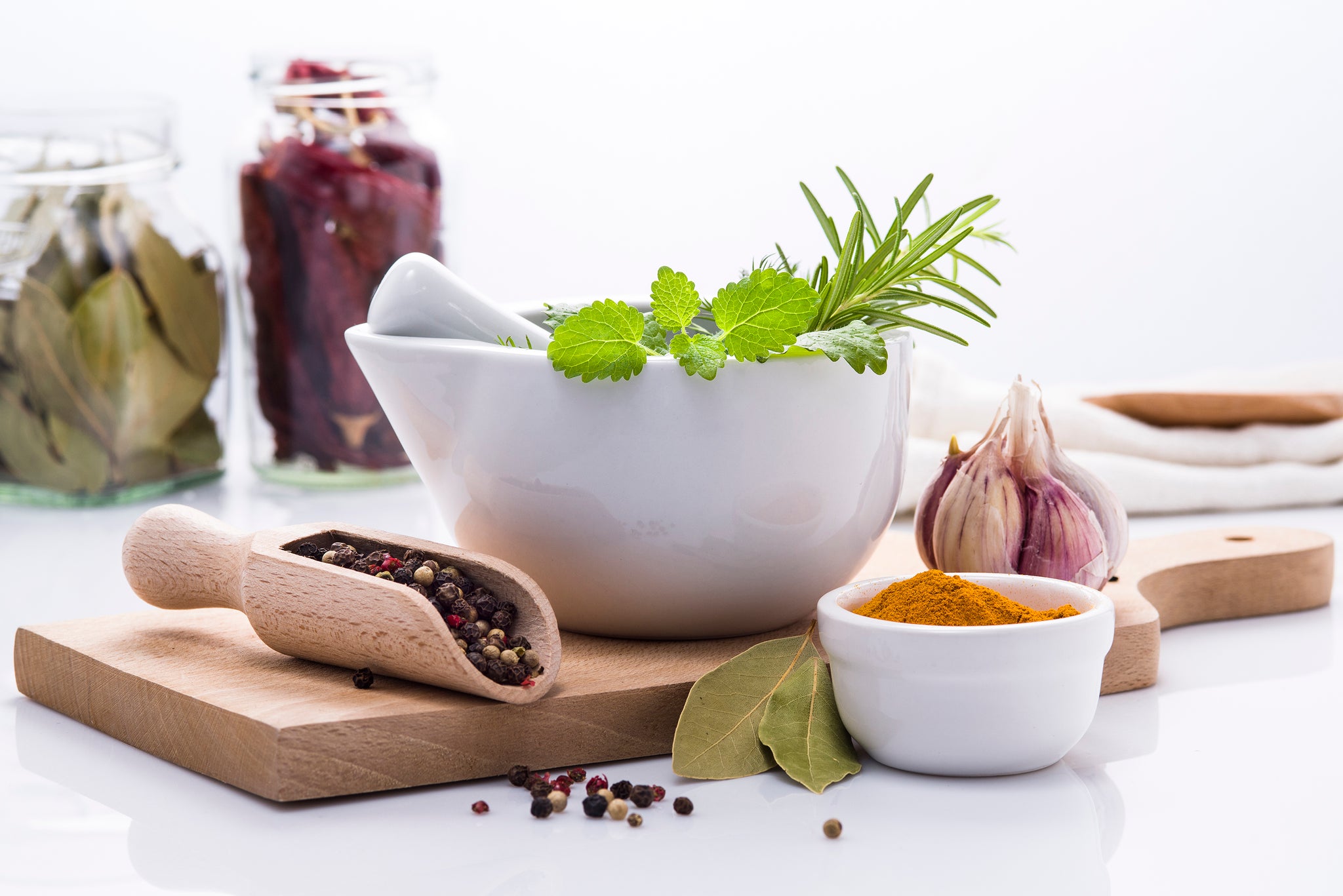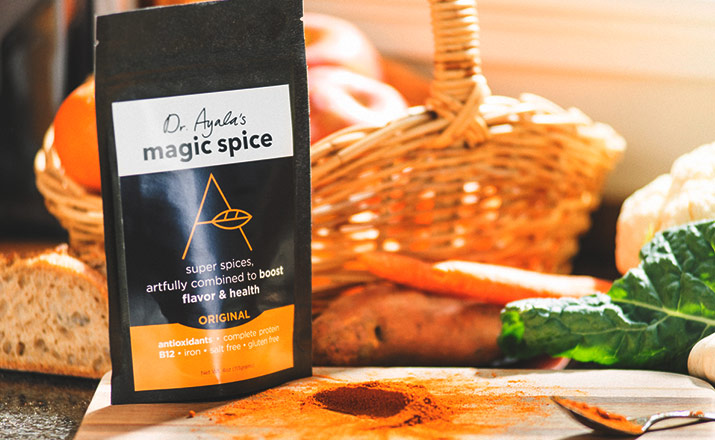
Diet affects vulnerability to Covid-19

Six months into the Covid-19 pandemic, and the astonishing variability in disease severity remains an enigma. The same virus causes an infection so mild in some that it goes without notice, yet in others it manifests catastrophically. While older age clearly increases the risk for severe disease and death, at times younger people also need intensive care, and a whole host of underlying conditions are presumptive risk factors.
According to the WHO, the CDC and other leading health agencies, conditions that make a person more likely to suffer severe Covid-19 include cardiovascular disease, diabetes, lung disease such as asthma and COPD, hypertension, obesity and history of smoking, among others.
Unfortunately, underlying health conditions are common. According to modeling recently presented in the Lancet about one in five people worldwide are at increased risk of severe Covid-19, due to underlying health conditions, and 4 percent of those infected worldwide would require hospitalization. The situation in the US is even more concerning: 60 percent of Americans have an underlying condition. Even young adults – late teens to late twenties – in the US are more vulnerable than one might imagine. A new study by UCSF researchers, in the Journal of Adolescent Health, predicts that 32 percent of young adults are at risk of severe Covid-19 based on risk factors.
But although time goes in only one direction, and not every underlying disease can be reversed, many risk factors are highly modifiable. And since it looks like we’re in for a long battle it’s time to step up our efforts.
Eating to support immunity and measured inflammation
Our knowledge of Covid-19 is evolving, but it’s safe to assume that a sound nutritional status supports immunity, and lowers the chance of severe, out-of-control inflammation.
More importantly, many of the chronic diseases, which put us at risk of severe Covid-19, can be mitigated by a healthy diet. A healthy diet supplies us with all the essential nutrients – malnutrition causes immune deficiency – and also promotes health, reduces undue inflammation, and lowers the risk of chronic diseases.
There are many ways to eat healthy. There’s one particular diet pattern, however, that’s clearly not good, and it’s unfortunately popular, inexpensive and prevalent. The Western diet, characterized by excessive consumption of highly processed, sugary and fatty foods, refined grains and cured and red meats, and low intake of fruits and vegetables, is associated with impaired blood sugar and insulin, metabolic disease and obesity. It’s linked with inflammation and many chronic diseases, including diabetes and heart disease, even in people with normal weight.
One example of a healthy diet – one I’m especially fond of due to its flavor and ease of preparation – is the Mediterranean diet. It’s characterized by high of intake fresh whole foods, fruits and veggies, fiber and only moderate intake of other foods; it’s associated with lower incidence of chronic diseases. Any diet that emphasizes fresh plant-based foods such as vegetables and fruits, whole grains, legumes, and nuts may improve the inflammatory response, and fight insulin resistance and metabolic disorders.
An interesting new paper in ACS Chemical Neuroscience looks at the correlation between herb and spice consumption and Covid-19 cases, deaths and recovery in 163 countries. It found that countries with lower consumption of spices per capita had a higher number of deaths per million citizens as a result of Covid-19, and more importantly, that the recovery rate was higher in nations with higher consumption of spices. Could ginger, turmeric, garlic, clove and thyme help fight infections? The authors cite studies that support the notion that “herbs and spices are well-known to boost immunity,” perhaps due to their antiviral, antioxidant and anti-inflammatory actions.
Or perhaps, people from countries that utilize large amounts of spices simply cook more from scratch, rely less on highly processed foods, and therefore just have better diets.
Now, more than ever, healthy eating habits should be a top priority; they may reduce our susceptibility to severe Covid-19 and its complications. Now, more than ever, is the time for cooking simple meals from scratch, and filling half the plate with veggies. Spices and herbs will enhance the flavor of the dish, add to its nutritional value, and maybe even help with fighting illness.
Dr. Ayala
In Same Category
- Diet affects vulnerability to Covid-19
- To Fight Inflammation Try Your Spice Rack
- Make Vegetables Sexy
- It Isn’t Meat, but Is It Delivering on Plant-Based?
- Activating Brown Fat – and Your Metabolism – with Turmeric, Coffee and Other Goodies
- Here's Why You Need to Cook More
- Top Healthy Food Trends for 2019
- An Easy, Proven Trick for Eating Healthier
- 12 Delicious Cooking Tips That Will Set You Free From The Salt Trap
- Smart Eating for a Successful School Year
- Fitness, Mindfulness and Healthy Eating – There’s an App for That
- Sustainable Summer: Greening your BBQ
- How to Eat Healthy in College and Avoid Weight Gain on Cafeteria Food
- Want Kids to Eat More Veggies? Season Them Up!
- All You Ever Wanted to Know About Nutritional Yeast and Its Health Benefits
- Falling in Love with Kickstarter
- Fighting Inflammation with Spices
- 3 Things Plant-Based Eaters Should Watch For
- Turmeric Absorption and Tips to Enhance Its Activity
- BEFORE & AFTER: Roasted Sweet Potatoes
- BEFORE & AFTER: Baked Potato Wedges
- BEFORE & AFTER: Roasted Cauliflower
